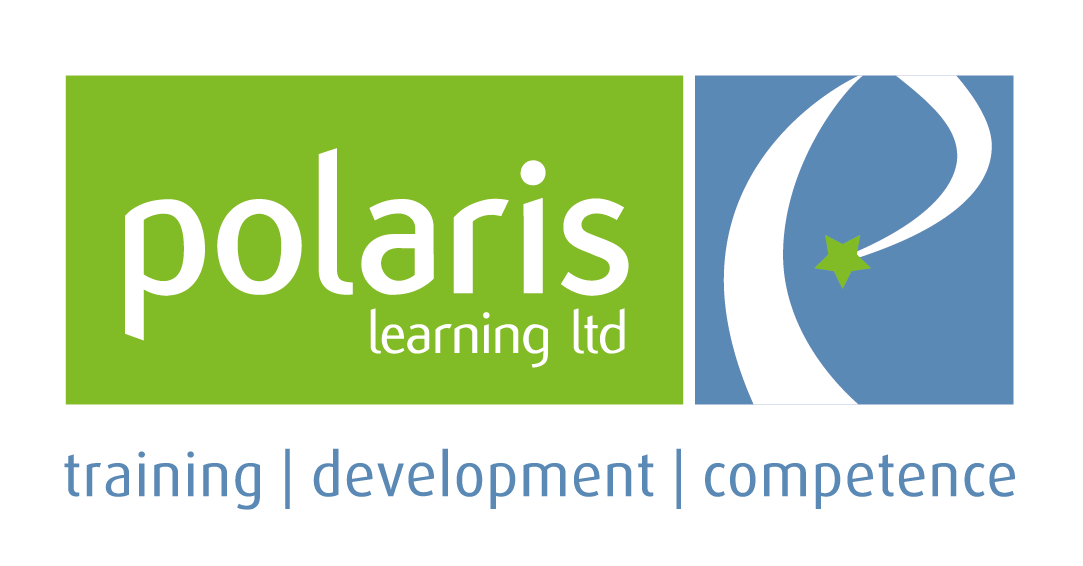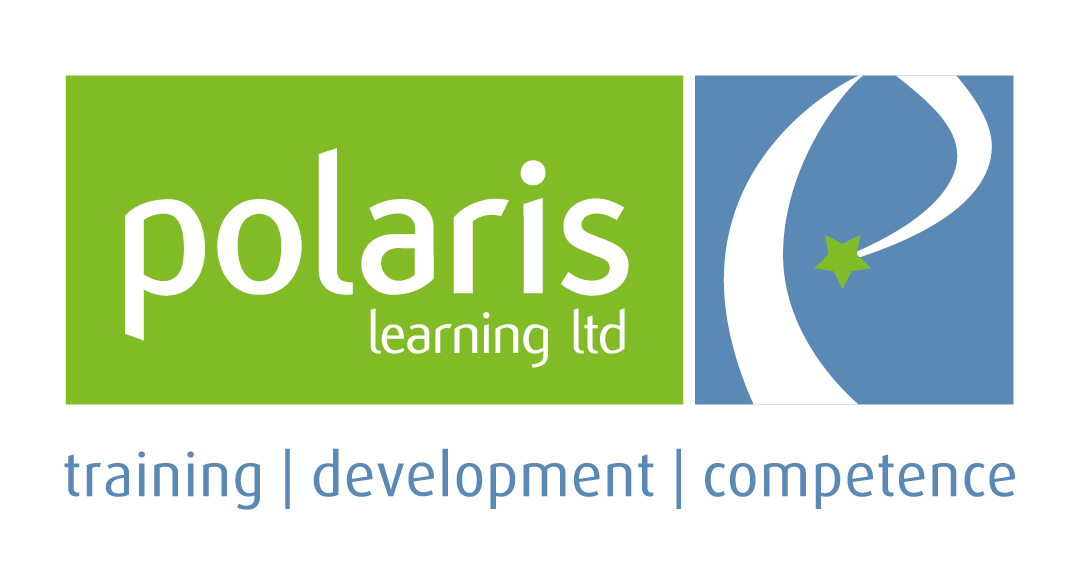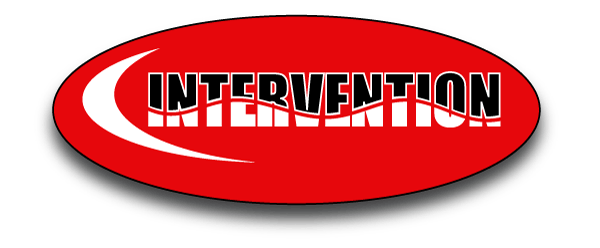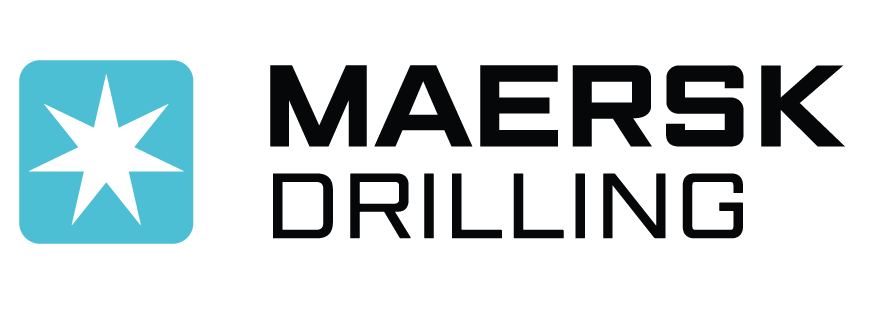Unveiling the True Essence of Leadership: Beyond Mere Promotions
Unveiling the True Essence of Leadership: Beyond Mere Promotions
In the corporate realm, ascending the ranks is often perceived as the pinnacle of professional achievement. Yet, as many organisations have painfully discovered, promotion does not inherently cultivate effective leadership. The assumption that technical prowess or operational acumen naturally translate into leadership capabilities is, at best, misleading. The reality is that being a proficient manager and being an inspirational leader are fundamentally distinct skill sets. This realisation raises a pressing question: how can organisations proactively foster genuine leadership qualities among their employees?
Understanding the Leadership Landscape: More Than Just Technical Proficiency
The Chartered Institute of Personnel and Development (CIPD) shed light on this issue in their 2016 factsheet titled “Management Development.” The document emphasised the need to recognise that managerial qualifications, while valuable, do not automatically equate to leadership proficiency. The intricate art of managing others, understanding management techniques, and honing interpersonal skills demands focused training and development. Yet, this process should not be a mere formality undertaken post-promotion; it should be an ongoing journey of growth and self-discovery.
Identifying the Essentials: Management Competences Reimagined
Many larger organisations have attempted to delineate the prerequisites for effective management through competence frameworks. These frameworks encompass a spectrum of vital skills, including managing others, strategic development, and mastering interpersonal communication. However, a significant challenge arises when these competences are not seamlessly integrated into an individual’s day-to-day responsibilities. Qualifications, without practical application, serve as mere certificates on a wall, devoid of transformative power.
Empowering Leaders: Strategies for Effective Leadership Development
Implementing meaningful leadership development requires a strategic approach, one that transcends conventional training methodologies. Collaboration between management and HR is paramount. It’s essential to engage supervisors and managers actively, instilling a shared sense of purpose in their development journey. Crucially, training should not be perceived as a remedy for shortcomings; instead, it should be embraced as a tool for continuous enhancement.
1. Back to Basics: A Refresher Course for Leaders
Recognising that even proficient leaders can benefit from revisiting the fundamentals is key. Consider initiating online programmes supplemented with practical assignments. This approach not only reinforces basic leadership skills but also accommodates diverse learning styles, ensuring a more comprehensive understanding.
2. Self-Reflection: A Prelude to Transformation
Encourage leaders to engage in pre-course self-assessment. Self-awareness lays the foundation for meaningful development. By understanding their strengths and areas needing improvement, leaders can approach training with a receptive mindset, maximising the learning experience.
3. Aligning with Organisational Vision: More Than Just a Buzzword
Incorporating the company’s vision, values, and protocols into training programmes is non-negotiable. This integration not only imparts a deeper understanding of organisational expectations but also reinforces the company’s ethos. Leaders, when aligned with the company’s core values, are more likely to inspire their teams effectively.
4. Embracing Blended Learning: A Holistic Approach
Recognising that transformative change is a gradual process, adopt a blended learning strategy. Incorporate diverse learning methods such as online modules, workshops, and mentorship programmes. This multifaceted approach accommodates varying learning styles and ensures sustained development over time.
5. The Role of Competency Frameworks: A Guiding Light
Lastly, leverage leadership competency frameworks to evaluate the efficacy of your leadership development initiatives. These frameworks serve as guiding principles, enabling organisations to assess progress objectively. Regular assessments, coupled with constructive feedback, form a continuous feedback loop, ensuring the programme’s relevance and impact.
In conclusion, leadership development is not a one-size-fits-all solution nor a post-promotion formality. It’s a continuous, tailored journey that demands active collaboration, self-reflection, and a strategic blend of learning methodologies. By transcending the confines of conventional training, organisations can cultivate leaders who not only steer their teams but inspire them to reach unprecedented heights. Remember, true leadership is not merely about the position one holds; it’s about the positive influence one exerts and the transformative impact one creates.




 Well Operations Audit of Supply Chain
Well Operations Audit of Supply Chain Revision and roll out of CMS
Revision and roll out of CMS Set up and Hosting of Organisations CMS
Set up and Hosting of Organisations CMS

 Integrated LMS and CMS
Integrated LMS and CMS
